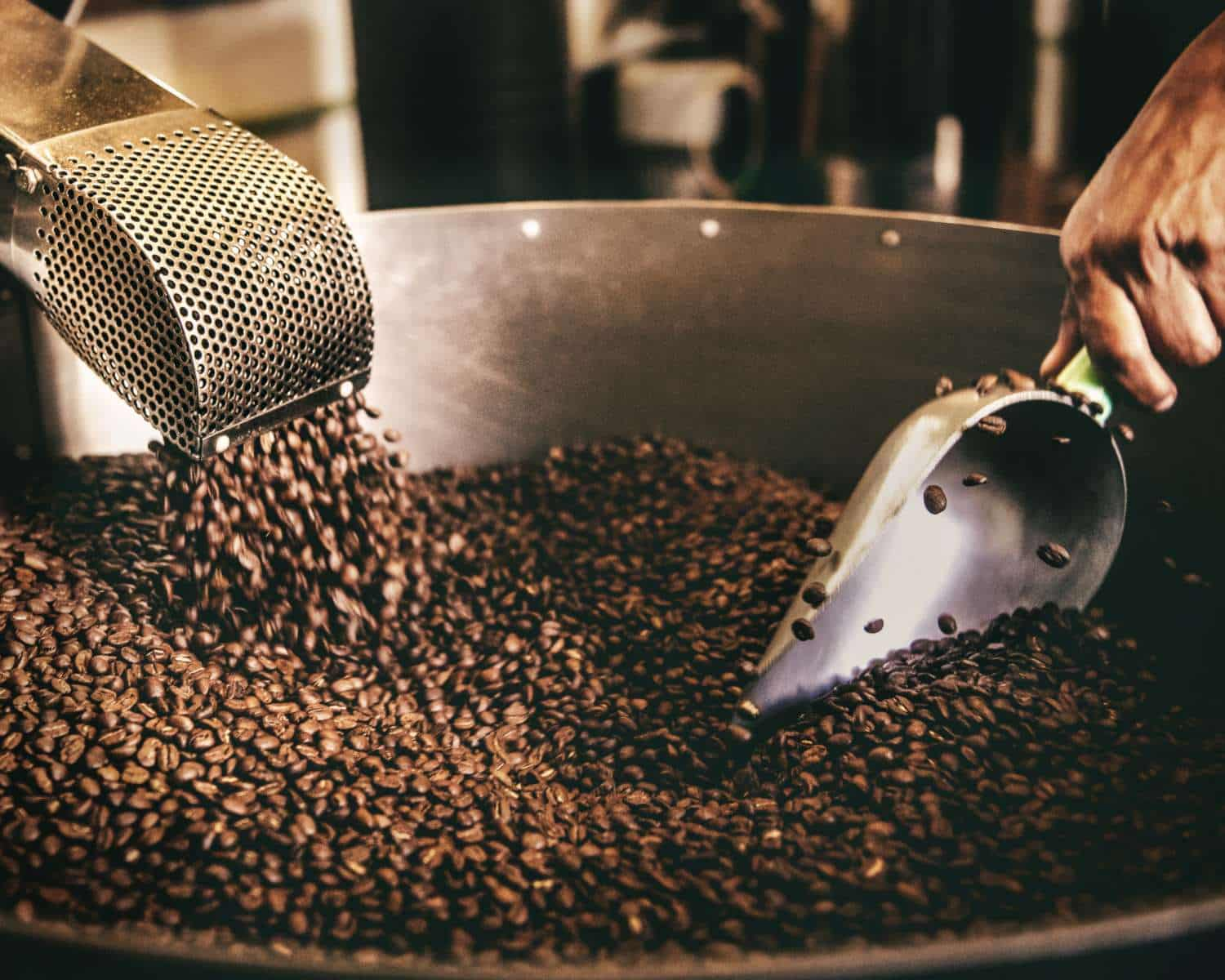Could Coffee Become Extinct?
Coffee is facing a number of challenges that could impact its long-term sustainability and availability. Find out what you can do about that...
February 2023
By Jason Nichols / 5 min read

Could Coffee Become Extinct?
Coffee is one of the most widely traded commodities in the world, enjoyed by millions of people every day. However, despite its popularity, coffee is facing a number of challenges that could impact its long-term sustainability and availability. In this blog post, we will explore the reasons why coffee could become extinct, and how Fairtrade and organic certifications are helping to protect coffee and promote sustainable and responsible farming practices.
Why Coffee Could Become Extinct?
1. Climate Change: Rising temperatures and changing rainfall patterns are affecting the suitability of traditional coffee growing regions, and could lead to the loss of suitable land for coffee cultivation. This could result in a reduction in coffee production and a decline in quality.
2. Deforestation: Coffee is often grown in areas that are prone to deforestation, as land is cleared for agriculture and other uses. This can lead to soil degradation, loss of habitat for wildlife, and a reduction in the biodiversity of the region.
3. Diseases: Coffee plants are vulnerable to a number of diseases, including coffee leaf rust and coffee berry disease, which can significantly reduce yields and impact the quality of the coffee.
The Importance of Fairtrade and Organic Certifications
Fairtrade and organic certifications play an important role in protecting coffee from becoming extinct by promoting sustainable and responsible farming practices that help to conserve the environment and ensure the long-term viability of coffee production.
• Fairtrade Certification: By ensuring that farmers receive a fair price for their products, Fairtrade helps to protect coffee farmers from the volatile and unpredictable market prices that can have a devastating impact on their livelihoods. This helps to ensure that coffee farming remains a viable and sustainable business, and contributes to the long-term stability of coffee production.
• Organic Certification: By promoting environmentally-friendly farming practices and prohibiting the use of harmful chemicals, organic certification helps to conserve the soil, water, and biodiversity of coffee growing regions. This contributes to the long-term sustainability of coffee production and helps to ensure that future generations will have access to the same quality and quantity of coffee as we do today.
But Fairtrade and Organic certifications don't just benefit the coffee, it also benefits the farmers in a number of ways:
1. Fair Prices: By receiving a fair price for their products, farmers are able to cover their costs, invest in their businesses, and support their families.
2. Improved Working Conditions: Fairtrade and organic certifications promote responsible and sustainable farming practices, including fair labour practices and improved working conditions for farmers and their families.
3. Support for Community Development: Fairtrade and organic certifications support community development initiatives, such as education, health, and infrastructure projects.
And all of this means that as purchasers and consumers of ethically and sustainably sourced coffee, we benefit from:
• High Quality Coffee: By promoting sustainable and responsible farming practices, fairtrade and organic certifications help to ensure the quality and flavor of coffee.
• Environmentally-Friendly: By promoting environmentally-friendly farming practices and reducing waste, fairtrade and organic coffee helps to conserve natural resources and protect the environment.
• Supporting Farmers: By purchasing fairtrade and organic coffee, consumers can help to support coffee farmers and their communities, and contribute to their long-term viability and success.
In conclusion, while coffee may not become extinct in the near future, it is facing challenges that could impact its long-term sustainability, and it is important to address these challenges in order to ensure the continued availability and quality of coffee for future generations. Fairtrade and organic certifications play a crucial role in promoting sustainable and responsible farming practices, and help to protect coffee, support farmers, and ensure high-quality coffee for consumers.
Thank you for supporting us on our mission to make Fairtrade and Organic coffee more widely available.
Shop FAIRTRADE & ORGANIC COFFEE
More Curious Reads On Our Blog
Light vs Dark Roast: What's the difference?
Most people tend to associate different coffee roasts with the colour of your brew but there is far more to them than this.
Tips for Making the Most Out of Your Coffee Bags
They’re quick and easy to make, with no complicated faff or washing up, but they still are just as delicious as a barista-made brew.





